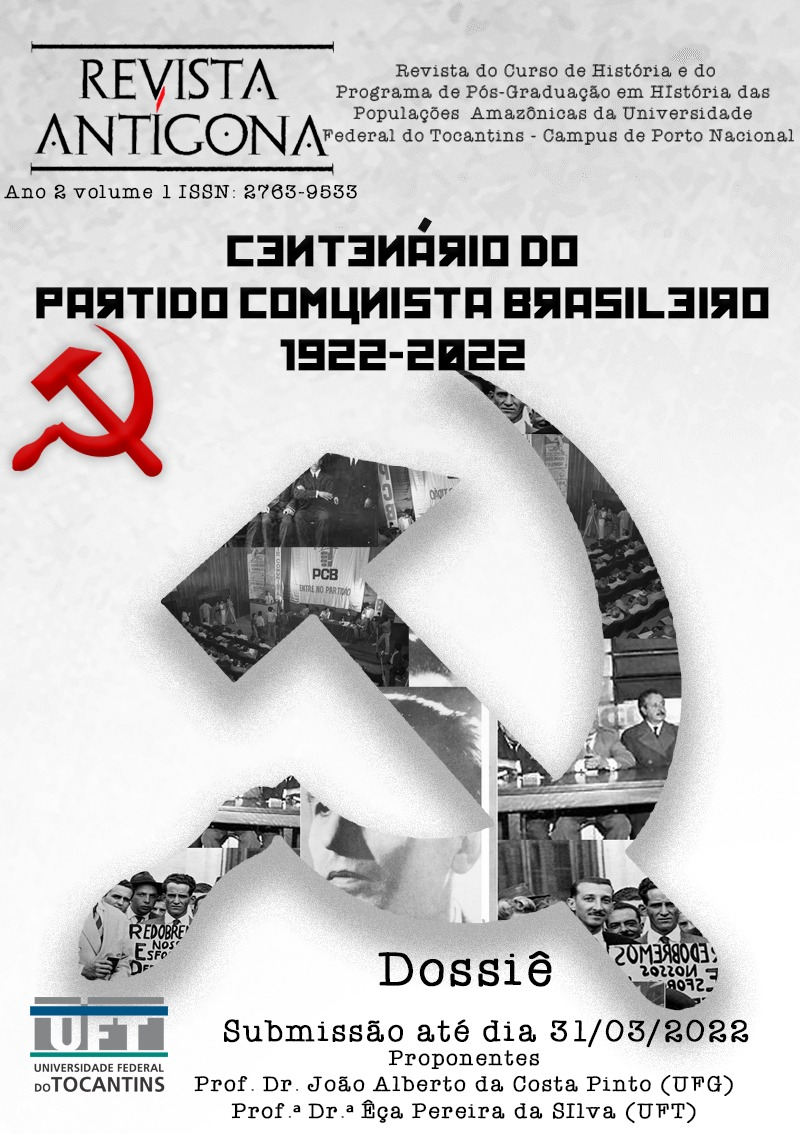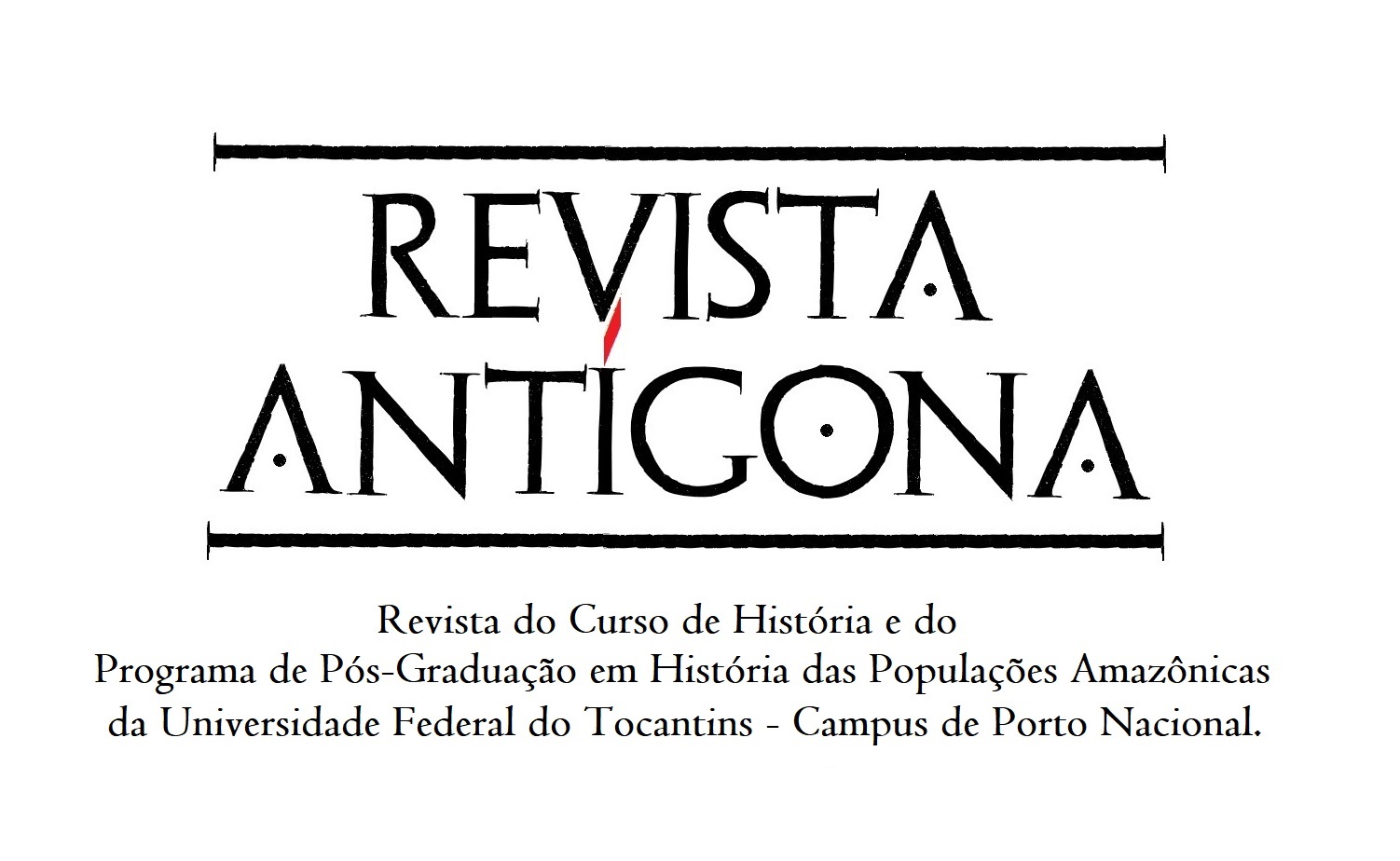Novos Rumos para o comunismo brasileiro
O PCB e as eleições de 1960
DOI:
https://doi.org/10.20873/uft.2763-9533/2022.1.8Abstract
Starting from the perspective that the country's main contradiction resided in the conflict of national emancipation against imperialism, and not in the class conflict between capital and labor, for the PCB, the 1960 electoral campaign was summarized as the opposition between democratic nationalist forces and authoritarian deliverers. This polarization, which at the time, materialized in the antagonistic candidacies of Lott and Jânio, justified the engagement of the main communist party in the country in the presidential campaign in defense of the marshal. Put under critical review, however, this support has many weaknesses. Demonstrating that Lott did not adhere to the measures corresponding to the three main proposals of the national-democratic platform supported by the PCB, this article argues that the characterization of national-democratic that the party made of his candidacy was quite questionable. In practice, the 1960 election was the first concrete political test of the new tactics adopted by the PCB after the turn promoted by the “Declaration of March 1958”. In the course of this process, its deficiencies were radically exposed, making evident the limits of the new line taken by the party.



